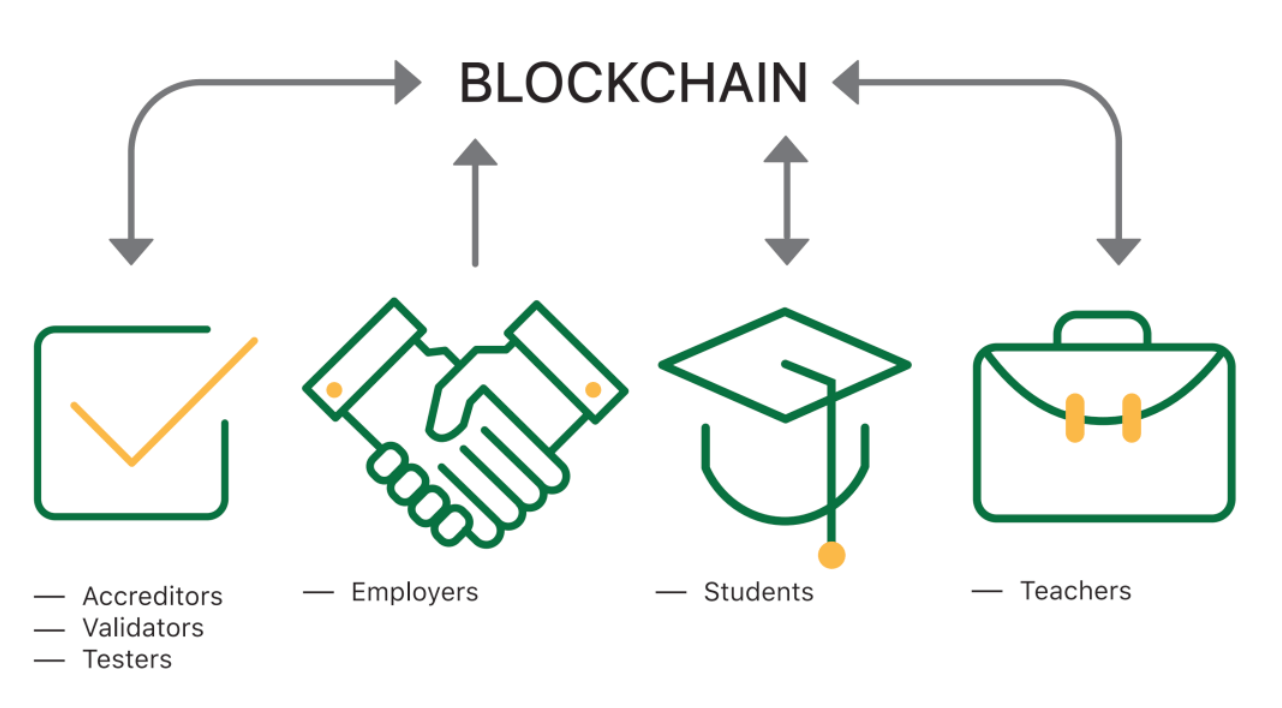Exploring post-retirement job opportunities has become increasingly important for many, driven by various factors such as the need to manage rising living costs, underperforming retirement investments, or simply the desire to remain active and engaged in the community. Embracing a positive mindset and leveraging the wealth of experience gained over the years can significantly enhance one’s prospects in securing fulfilling post-retirement employment.
The decision to seek employment after retirement is often motivated by more than just financial necessity. It can stem from a desire for social interaction, intellectual stimulation, or a means to contribute meaningfully to society. Whatever the reason, entering the job market again requires a strategic and optimistic approach.
Adopting the Right Mindset for Post-Retirement Job Hunting
The journey to finding a post-retirement job starts with the right mindset. Negative assumptions such as “It’s hard for people my age” or “Employers prefer younger candidates” can sabotage your job search from the outset. A positive attitude not only influences your own resilience but also shapes how potential employers perceive you. Mature job seekers bring invaluable attributes to the table, including:
- Worldly Wisdom: A lifetime of experiences provides insights that can enrich any role or organization.
- Reliability: A strong sense of responsibility and commitment to work.
- Genuine Interest: Mature candidates often seek jobs for reasons beyond just financial needs, bringing passion and dedication.
- Work Ethic: A traditional approach to work, emphasizing diligence and integrity.
Highlighting these qualities will not only boost your confidence but also make you more attractive to potential employers, demonstrating the unique value you can add to their team.
Identifying Your Desired Post-Retirement Role
Consider what you want from your post-retirement job. Many retirees look for opportunities that differ from their previous careers, seeking roles that offer flexibility, reduced stress, and the chance to use their skills and experiences in new ways. Reflect on your skills and how they could meet the needs of potential employers. Instead of waiting for job advertisements, adopt a proactive stance:
- Scout for Opportunities: Observe environments where older workers are employed, noting the diversity of roles they occupy.
- Create a Target List: Identify potential employers that align with your values and interests.
- Leverage Your Network: Networking is a powerful tool. Engage with former colleagues, industry contacts, and friends to uncover opportunities.
Real-World Success Stories
Let’s illustrate with a case study from some one i have coached. A retired engineer, after enjoying the initial phase of his retirement, found himself seeking a part-time role that would allow him to engage with others while sharing his extensive knowledge. By meticulously mapping out his skills and targeting industries where they could be applied, he identified a customer service position in a large retail hardware chain, catering to trade clients. Tailoring his resume to highlight his relevant experience, he showcased how his background was perfectly suited for the role. Despite initial hesitations due to his part-time availability, his persistence and positive attitude eventually led to his successful employment, demonstrating that retirement doesn’t signify the end of one’s professional contributions but rather the beginning of a new chapter.
This example underscores the importance of perseverance and the need to tailor one’s approach to each potential employer. It might not always be a smooth path, but with determination and the right strategy, securing a post-retirement job is certainly achievable.
Douglas MacArthur once said, “I promise to keep on living as though I expected to live forever. Nobody grows old by merely living a number of years. People grow old only by deserting their ideals. Years may wrinkle the skin, but to give up interest wrinkles the soul.” These words resonate profoundly with the journey of finding post-retirement employment. It’s not just about extending one’s career but about maintaining one’s zest for life, pursuing interests, and embracing new challenges.
Seeking a post-retirement job presents an opportunity to redefine one’s identity, contribute to the community, and continue personal and professional growth. By adopting a positive mindset, leveraging your unique skills and experiences, and being proactive in your job search, you can find meaningful employment that enriches your retirement years. Remember, your value doesn’t diminish with age. On the contrary, it’s enhanced by your lifetime of learning, experience, and wisdom. The key to success in the post-retirement job market lies in recognizing and communicating this value to potential employers.










